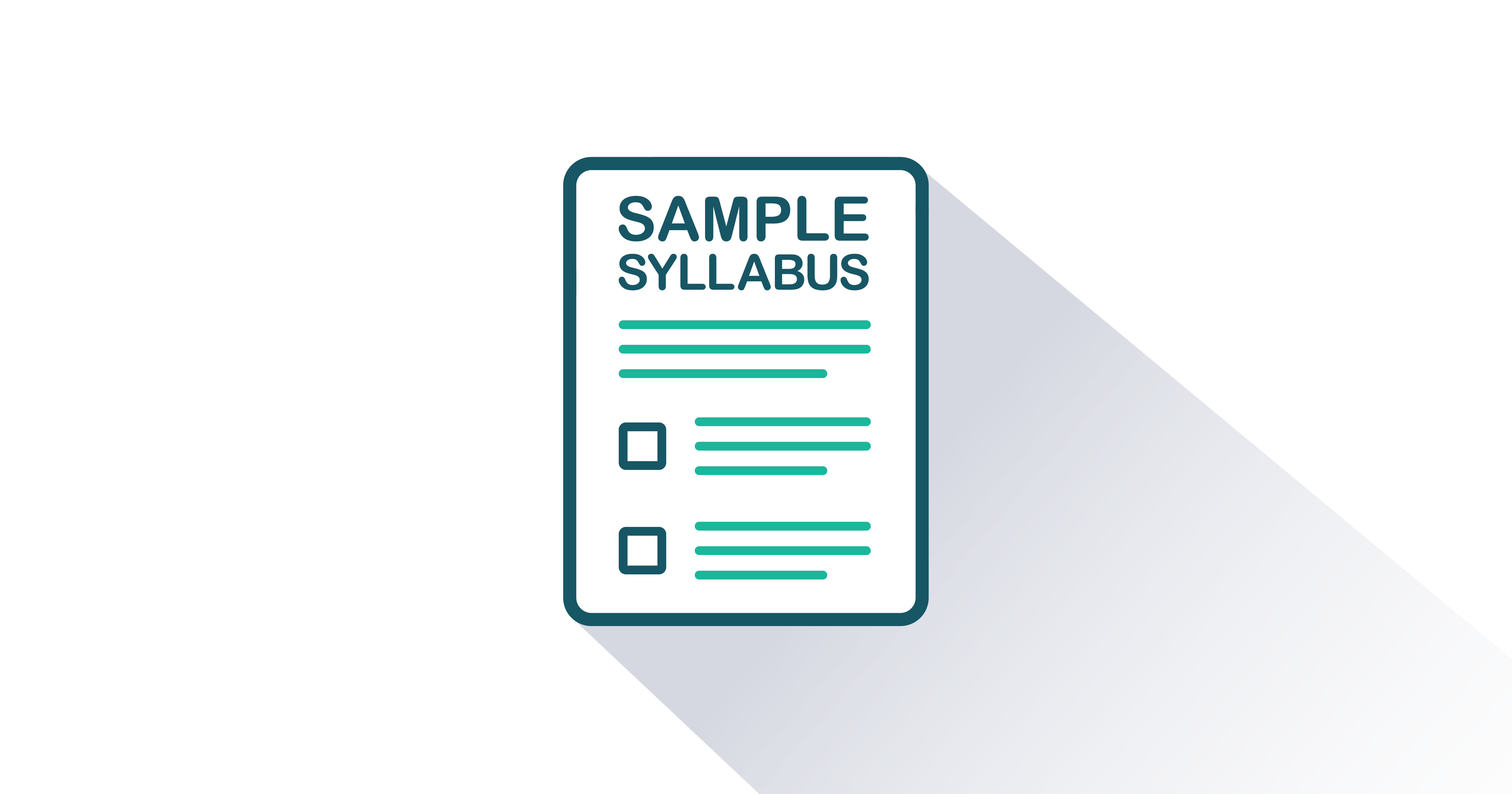Corporate Finance
Version 3.0
By Stan Eakins and William McNally
Included Supplements
Key Features
- Over 330 short videos (1–5 mins.) scripted and recorded by the authors provide detailed solutions to examples, explain the meanings behind key concepts and topics, enrich hybrid and online courses, and fully support a flipped-classroom model
- Organizational structure frees instructors to focus on ideas and applications and rely on the book and its rich media links to explain computation mechanics for both Excel and calculator
- Explains core concepts multiple ways and through multiple media: in words, with numeric examples, and video
- Rich learning structure
- “Learning Objectives” preview each chapter and help focus the reader’s attention on material to come
- “Key Terms” feature pop-up definitions when read online or a marginal glossary when printed
- "Explain It" videos demonstrate key concepts and clarify topics that typically confuse learners
- "Explore It" videos provide richer context by walking students through animations where the inputs are manipulated, and the authors discuss the implications
- “Tips” remind students where they previously encountered similar material, clarify key points, or warn of common misunderstandings and how to avoid them
- Embedded online quizzes and flashcards encourage students to assess their own learning as they read
- Plentiful number of worked examples model how to perform key operations
- Solutions videos provide detailed explanations of solutions to examples in three ways: manual calculations using algebra, calculator, and Excel
- Downloadable Excel spreadsheets accompanied by videos explaining the layout and functions used in the corresponding spreadsheet
- Key chapters are organized in easily managed, "bite-sized" chunks and all chapters were built with an online, modular course structure in mind
- New chapter on Mergers and Acquisitions (Chapter 19) and new section on relative valuation (Section 17.5)
- All supplements were written by the authors and extensively class tested
Students
- Online Access Price
- $41.95
- Color Printed Textbook with Online Access Price
- $68.95
Corporate Finance is suitable for the following courses: Introduction to Corporate Finance, Corporate Finance, Principles of Finance, Financial Management, or similar titles at the undergraduate level at both two- and four-year colleges and universities, and first courses in the MBA finance curriculum.
Corporate Finance was specifically written to be an online resource to provide on-demand review of concepts and successfully close gaps in problem-solving skills. In a typical corporate finance course, a lot of time is spent on key mathematical concepts, which doesn’t leave much time to apply the concepts. To combat this challenge, the online book includes a series of over 330 author-recorded videos embedded throughout. The format encourages students to push beyond rote memorization of “how to do the math” and practice operations in conjunction with mastering key concepts. This learning strategy frees up valuable time to teach problem solving, analyze cases, or discuss current financial events. Students gain more opportunities to apply key concepts to the real world of finance and truly understand the meaning behind the numbers.
New in This Version
- Updated financial market data, such as JC Penny’s bankruptcy and the COVID-19 pandemic’s impact
- Introduces stakeholder capitalism and ESG (environment, social, government) (Section 1.4)
- New Dupont mini-case analysis with video solution (Section 2.5)
- Clarified discussion of book value of equity and market value (Section 2.3)
- Earlier discussion of CAPM (capital asset pricing model) (Section 6.3)
- Added discussion of Section 179 tax deductibility (Section 14.3)
- New section on relative valuation to shore up a key knowledge gap exhibited by many finance graduates (Section 17.5)
- New explanations of the clearinghouse’s role in daily marking-to-market and in reversing (offset) trades (Section 18.2)
- New margin account simulator exercise with video solution (Section 18.2)
- New chapter on Mergers and Acquisitions (Chapter 19)
- New and revised homework questions with an expanded number of randomized variants
- About the Authors
- Dedication
- Preface
- Acknowledgments
-
Chapter 1: Introduction to Finance
-
Chapter 2: Financial Statements and Ratio Analysis
-
Chapter 3: Introduction to the Time Value of Money
-
Chapter 4: Annuities and Loans
-
Chapter 5: Introduction to Risk and Return
-
Chapter 6: Portfolio Theory
-
Chapter 7: Interest Rates and Bonds
-
Chapter 8: Stock Valuation and Market Efficiency
-
Chapter 9: Capital Budgeting: Introduction and Techniques
-
Chapter 10: Capital Budgeting: Estimating Cash Flows
-
Chapter 11: Cost of Capital
-
Chapter 12: Capital Structure
-
Chapter 13: Dividends, Repurchases, and Splits
-
Chapter 14: Financial Planning and Forecasting
-
Chapter 15: The Management of Working Capital
-
Chapter 16: International Finance
-
Chapter 17: Corporate Valuation
-
Chapter 18: Futures and Options
-
Chapter 19: Mergers and Acquisitions

FlatWorld Homework
FlatWorld Homework includes multi-format questions written specifically for your FlatWorld book, which you can access through our stand-alone interface or integrate with your learning management system.

Instructor’s Manual
The Instructor’s Manual guides you through the main concepts of each chapter and important elements such as learning objectives, key terms, and key takeaways. Can include answers to chapter exercises, group activity suggestions, and discussion questions.

PowerPoint Lecture Notes
A PowerPoint presentation highlighting key learning objectives and the main concepts for each chapter are available for you to use in your classroom. You can either cut and paste sections or use the presentation as a whole.

Test Generator - powered by Cognero
FlatWorld has partnered with Cognero, a leading online assessment system, that allows you to create printable tests from FlatWorld provided content.

Test Bank Files for Import to Learning Management Systems
For your convenience, we've packaged our test items for easy import into Learning Management Systems like Blackboard, Brightspace/D2L, Canvas, Moodle, or Respondus.

Test Item File
Need assistance in supplementing your quizzes and tests? Our test-item files (in Word format) contain many multiple-choice, fill-in-the-blank, and short-answer questions.

Sample Syllabi
Sample syllabi provide useful templates to help new faculty adopters revise their teaching plans to match their assigned FlatWorld textbook or lend insights to existing adopters on how to organize their classes.
Download
Other Supplements
Solutions manuals, sample exams, video learning segments, workbooks, cases and lab manuals are just some of the extras our books will offer depending on the needs of the course. Click here to see what this textbook offers.
At FlatWorld, we take pride in providing a range of high-quality supplements alongside our titles, to help instructors teach effectively. Supplements are available for instructors who have registered their adoption with us. If you need to review or preview something specific, please contact us.
Already registered? Sign in here.
